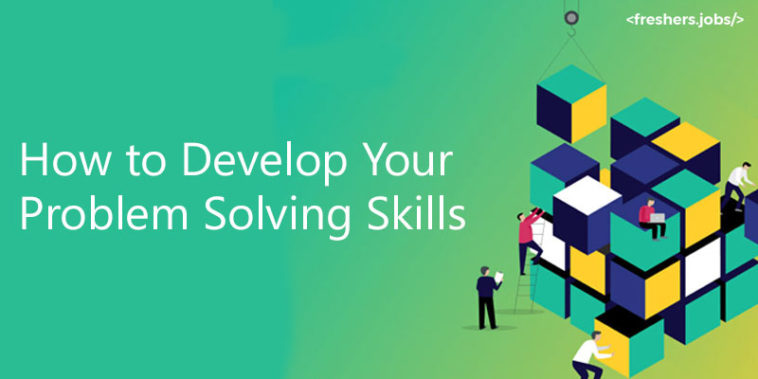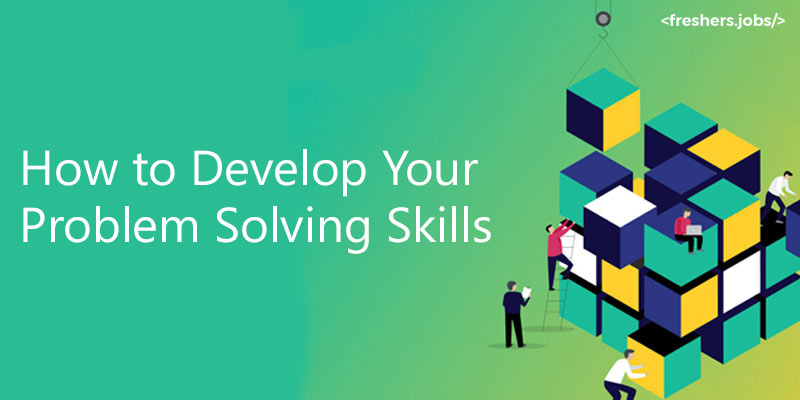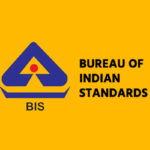It’s always hard to figure out what’s wrong and how to fix it. It could be a boring job, a difficult situation to solve complex problems. Hence, Problem solving skills are mostly about using different skills and methods to find the best solutions.
Problem-solving is important because we all have to make our own choices and find answers to our own questions in our own ways. Every day, we need to be able to solve problems because we will run into them all the time. We have to think on the spot to find the right answer.
Problem-solving Techniques are combined in many ways, such as defining the problem, figuring out what the problem is exactly, naming the problem, ranking and choosing the best solutions, and putting them into action.
Let’s talk about how to solve problems better
To solve a problem creatively, you have to look at the situation, devise a plan, and then put the plan into action. With practice and a strategic mind, you can get better at anything.
Follow these steps to get better at solving problems in creative ways. To move forward, these are the steps problem solving skills includes.
- Make a plan.
- Make people care.
- Start an interest.
- Set aside your assumptions.
- Work on being persistent.
- Provoke interesting talks
- Think back on the people you’ve already met.
- Find out as much as you can about it.
Make a plan on how to improve problem solving skills
Finding out things
- At this point, ensure your goal or issue is clear, with as much real information and facts as possible.
- Customer surveys, employee feedback, and research results are great ways to get information.
- Think about everything you’ve learned and try to find connections between the different points.
- You might find that your problem or goal is no longer the same.
- Here, you can use creative brainstorming or mind mapping to question the limits of the problems and the suggested solutions.
Choose any one
- Make a few ideas about how to solve your problem.
- Choose the solutions that can be fully put into action, the ones that will have the best results, and how to implement them.
- You can try out different things with A/B testing. Split testing, also called A/B testing, compares two versions of the same product to see which one works better.
- For instance, you could show half of your audience one book cover and the other half.
- Pick the person who did best on the test to move on.
Implement
- Use what you found out during the solution phase. Look at what you’ve found. If you need to, do it over again.
- This creative way to solve a problem could show more than one way to do it as problem solving ability.
- For example, video game companies often have small groups of people to test their games to make sure they are the best they can be.
- Based on feedback from beta testing, the games have been changed one last time, and they are now ready for wide use.
Make people care
- Empathy is being able to see things from the point of view of someone else.
- It is an important part of being emotionally smart.
- Putting yourself in the plan of your customers and coworkers can help you at work.
- You also need a lot of emotional intelligence to be a good leader.
- Use empathy to find solutions that will help the organisation and other people.
Start an interest
- A hobby gives you its own set of problems to solve, which helps you see things in new ways as problem solving skills.
- Since creativity is a skill that can be used in other situations, problem-solving activities will help you and give you a healthy way to let off.
- You can go outside your comfort zone and step out of your comfort zone when you are learning something new.
Set aside your assumptions
- The more you pay attention to something, the easier it is for your brain to bring it to your attention.
- This could make you handle problems the same way you always have. Keep an eye out for this trend when you need new ideas or solutions.
- You leave out important details and information when you make assumptions based on what you already know or how things have always been.
- You can stop this by clarifying what other people are assuming, setting clear goals, and responding correctly.
Work on being persistent
- Problem solving skills includes reaching a goal, you must stay focused on a plan, even when things are hard, until a solution is found.
- Some things are harder to figure out than others. Maybe not enough people can access the information, the technology isn’t good enough yet, or you haven’t made the right connections.
- Having a reason why you need to solve your problem or challenge is a great way to keep going when things get hard.
- To get better at being persistent, shorten the time between noticing a problem and doing something about it.
- Some goals need to be worked on every day over a long period of time.
- Keep looking for information or resources and trying different ways to solve problems until you find what works.
Provoke interesting talks
- When people work together, they can come up with new ideas.
- It’s also a great way to find simple answers that others in your organisation might have missed.
- If your coworkers or people in your industry are leaning toward one solution, think about whether it’s the best one and try to talk about other options.
Think back on the people you’ve already met
- You’ve done a lot of different things and learned a lot of different problem solving skills in the past.
- Based on your own history, you can decide when to keep going and when to change your mind.
- This is different from making assumptions based on what you already know.
- Your history gives you a unique perspective that can help you think more critically.
- Ask yourself if you’ve ever been in a similar situation at work, how it turned out, and what you can do to get the same or better results this time.
Find out as much as you can about it
- Most of the time, you’ll need to be skilled and creative.
- The more you know about the technical side of your organisation or field, the better you can do your freshers jobs.
- It will be easier to solve all the problems, find the links between them, and figure out how to fix them.
- You can learn to spot problems before they happen by putting yourself in more scenarios and situations.
Improve your problem-solving skills
- Doing something over and over again is the best way to learn it.
- The best way to solve a problem will be easier to fine-tune the more problems you have to solve problem solving ability.
- Try to put yourself in new situations that make you think differently regularly.
- Individuals can accomplish this by attending meetings in their profession or a related one.
- You can always ask for help. You can make better decisions in any field if you know how other people have developed new ideas.
Having a mentor can help your career a lot
- If you can’t solve a problem, ask someone in your field for help.
- Their lives show you a way of thinking that you might not have thought of before.
- Don’t choose until you know about several ways to solve the problem.
- Considering more than one option can make your best solution much more valuable.
- At this point in solving a problem, brainstorming and working as a team can be helpful.
- Before the final evaluation, there should be a lot of different ideas on how to solve the problem.
- If we only care about getting what we want, we miss opportunities to learn new things.
Let us look at the things you can use to solve problems. Most of the time, people with a few core skills are the best at solving problems. When trying to solve a problem, the following are the most important skills to have:
1. Creativity
Problem solving skills includes new ways to solve problems that have been around for a long time. You need to be able to come up with ideas and think creatively and uniquely.
2. Teamwork
When trying to solve a group or systemic social problem, team members must work together and help each other.
3. To find the cause of a problem
The best way to fix it, you need analytical skills and a logical, step-by-step approach.
4. You need a lot of emotional intelligence
Dealing with a conflict between people or making changes is likely to affect how people feel.
5. Making a choice
Solving problems and making choices go hand in hand. You must be sure and trust yourself enough to make a choice and stick to it.
Conclusion
The best way to get ahead in life and work is to improve problem solving skills, which is an important life skill. Even though hard situations may seem scary initially, learning more about them could give you valuable insights that make solutions easy. Start small to learn what you’re good at and need to work on. It is important to keep in mind that learning is something you can start at any time.




